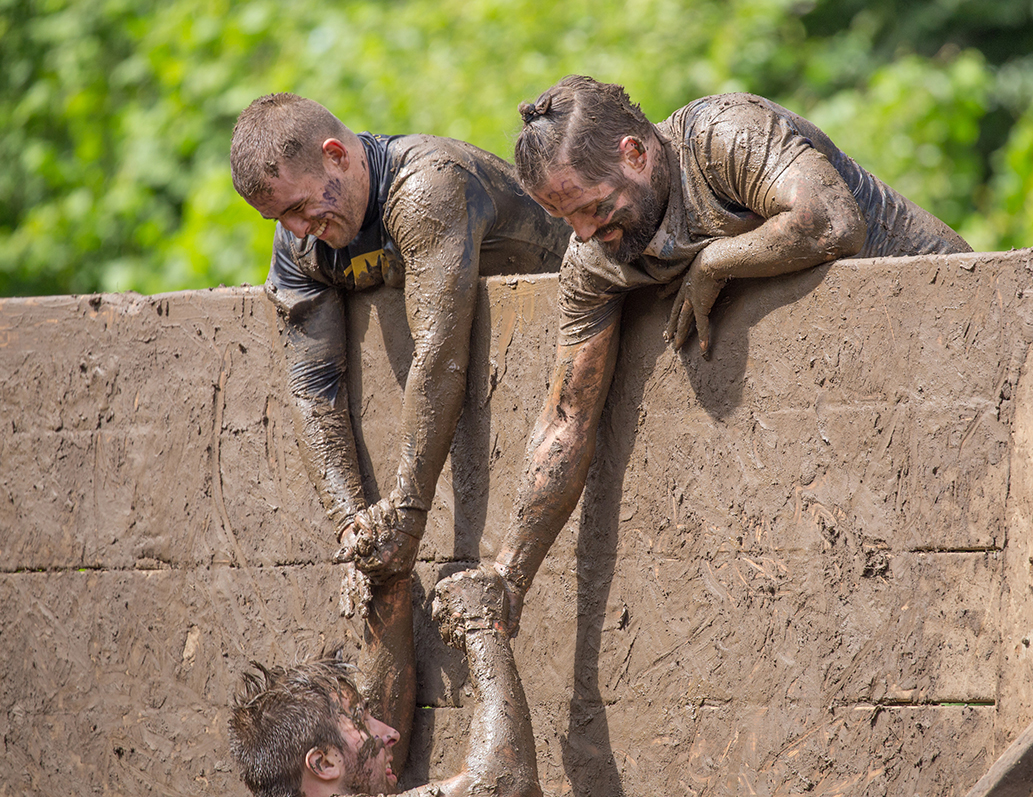When you mix all-stars with amateurs, everybody wins.
By Ashley Keating
Remember back in school when you were randomly paired with classmates to complete a group project? Some high performers picked up other students’ slack, leading to frustration.
All these years later, the same dynamic exists in work groups, according to a study in the journal Group Dynamics: Theory, Research, and Practice.
But here’s the rub: Scientists found that groups with a greater disparity in ability among teammates were actually more satisfied with their work on projects, while those with more evenly matched members were less pleased.
What’s more, in the groups with the bigger difference in ability, individual members performed better with a competitive goal (like beating the other teams) than a cooperative one (like crushing the presentation).
Want to bring out the best in all your performers? Mix all-stars with amateurs, but put a real prize on the line. They’ll be more motivated to succeed, and you’ll reap the rewards.


